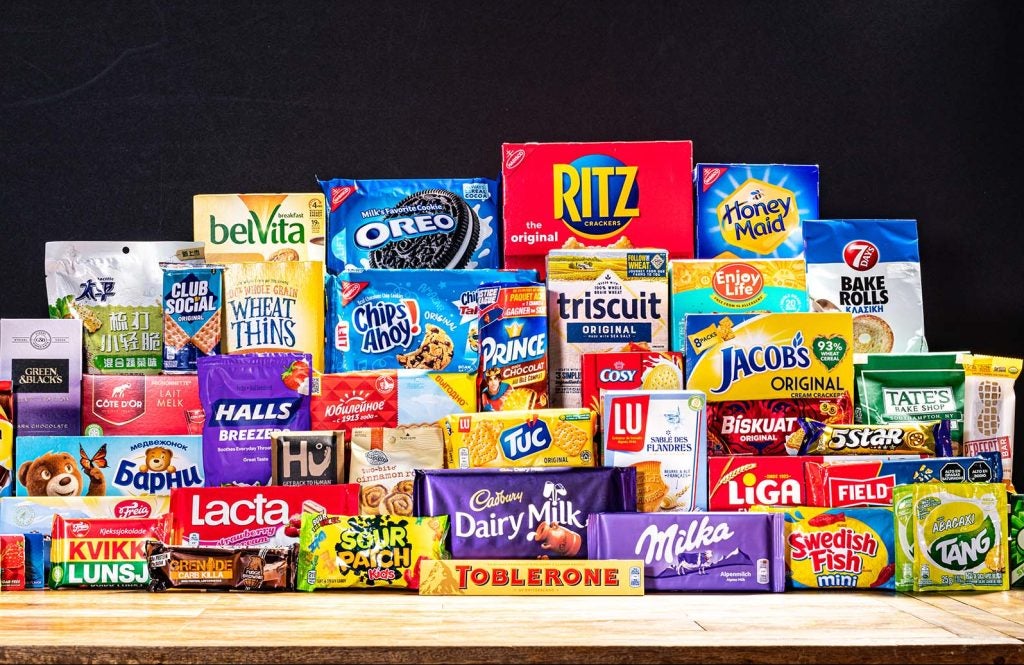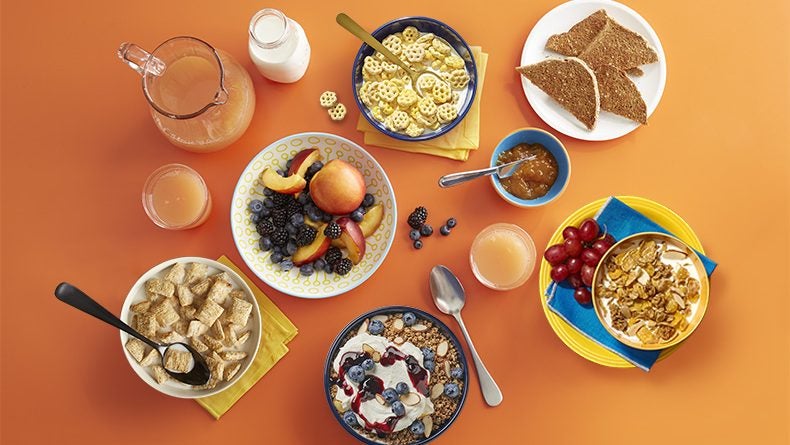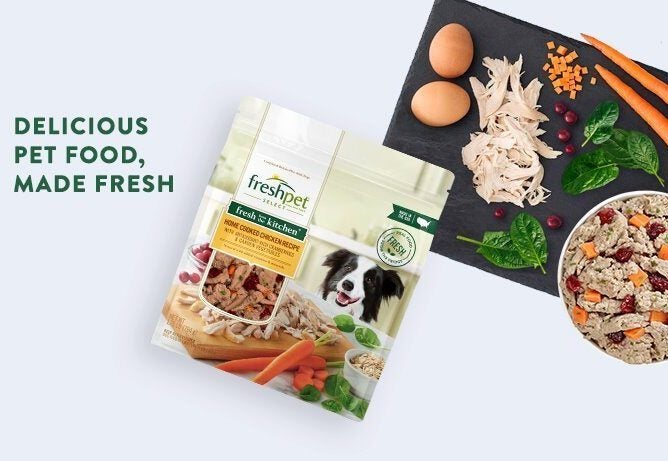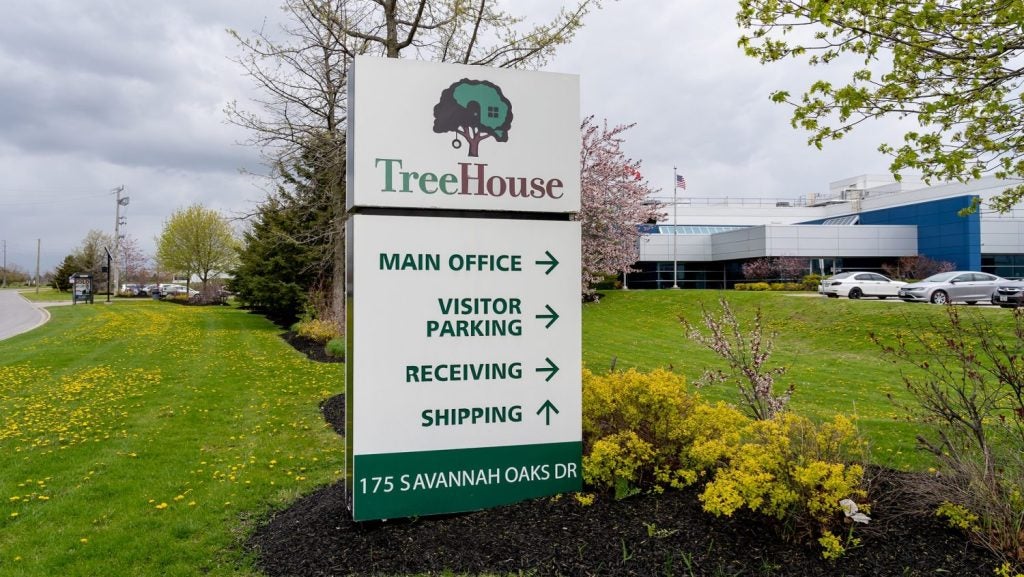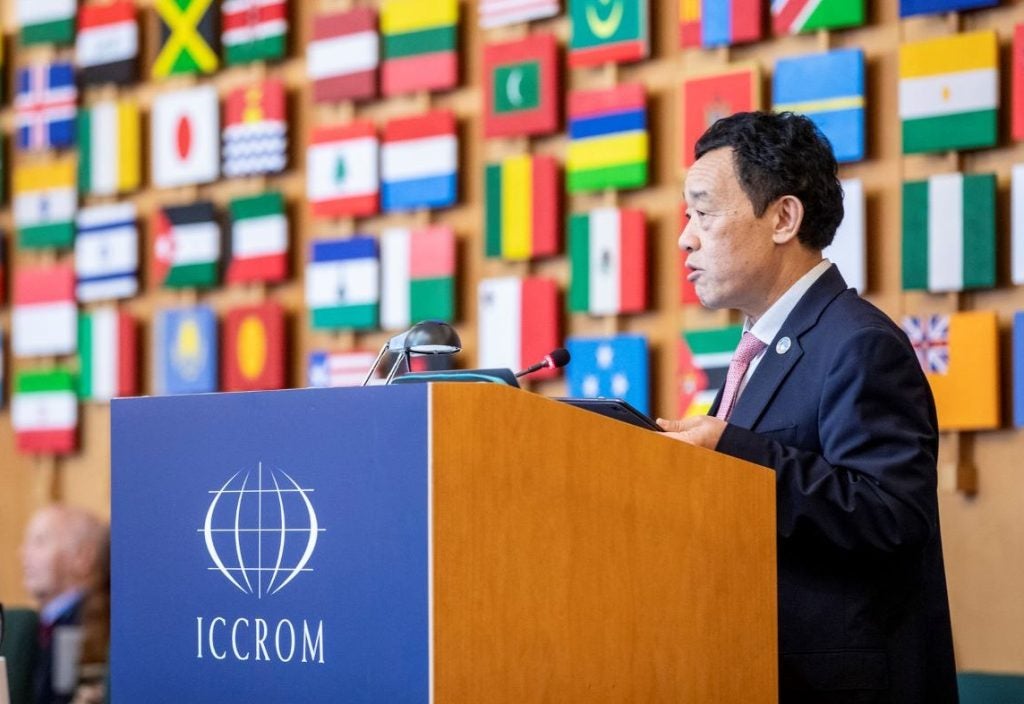Mondelez International has joined the chorus of packaged food companies shrugging off the potential impact of GLP-1 weight-loss drugs.
“I think the whole topic has been overblown,” chairman and CEO Dirk Van de Put said last week as he presented third-quarter results, echoing similar comments made by Nestlé chief Mark Schneider in October. “It’s really not a big concern for us at this stage.”
Mondelez is, however, closely monitoring the emergence of the glucagon-like peptide 1 weight-loss and diabetes medications such as Ozempic and Wegovy, as are Danone and PepsiCo, which have also recently downplayed their impact.
As Mondelez posted increases in third-quarter volumes across its geographic business areas – replete with further pricing – Van de Put emphasised only a potentially “modest” impact on volumes from the GLP-1 drugs.
“We’re talking about 0.5% to 1% volume effect ten years down the road. That’s based on what we know today and projections that are not ours but that are being used by several different sources, and that assumes quite significant adoption rates of the drug,” he explained.
“Even if the impact would be bigger than that, I think over a ten-year period, it will be manageable, and we will have adequate lead time to adjust and prepare for any changes that we see.”
The CEO of the snacks and confectionery giant noted the differing obesity rates around the world, and with 75% of sales generated outside its home market of the US, Mondelez’s “exposure is significantly lower than some of the other food companies”.
Van de Put added: “Portion control is a big part of our strategy. So 20% of our sales are already in snacks that are less than 200 calories. We have a large part of our portfolio that is chocolate, which is not hunger satisfaction, but it's a small indulgence.
“And we have healthier alternatives like for the breakfast occasion, BelVita, which is a replacement snack, or some of our snack bars, which are meal replacement, and that fit perfectly into the diet of GLP-1 patients.”
More pricing to come
Mondelez is seeing “resilient” consumer demand in snacking despite the pressures from pricing, actions that will spill over into 2024, particularly as costs in cocoa, sugar and some other commodities remain elevated, CFO Luca Zaramella said.
“Pricing contribution will be clearly less important than this year but we still see pricing contributing more than an average year,” Zaramella explained. “The inflation that you're going to see is higher than mid-single-digit. I think it is going to be towards the higher end of 5% to 10% at this point in time.”
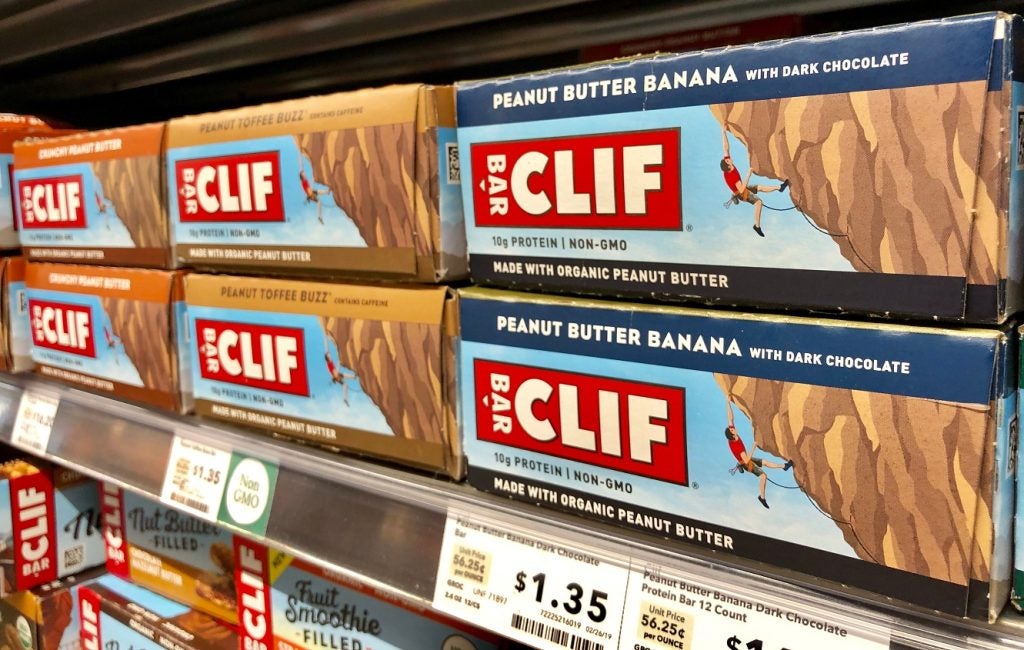
Snack bars are a particular growth area for Mondelez on the back of the acquisitions of Clif Bar, Grenade and Perfect Snacks, with combined sales revenue expected to surpass $1.2bn this year.
“We believe there is significant runway ahead,” Van de Put noted for the category. “We are discovering the power of snack bars. Snack bars are going to be a real strength for us.”
He added: “If you look at the development of the snack-bar market in the US, it’s far ahead of the rest of the world. We see a huge opportunity there in the years to come. And particularly in the Anglo-Saxon countries, we think that's going to happen first.”
In biscuits, Van de Put said Mondelez is registering some “softness” in North America but mainly “among lower-income families”, who are tending to shop in club stores which the company also serves, resulting in “particularly strong growth” through the channel, the CEO said.
Mondelez’s volumes in Europe are improving now that the pricing spat with retailers is behind the company: “We’re seeing positive volume growth in biscuits and chocolates, which has accelerated over the last three months and is outpacing broader food, driven by solid elasticities and lapping of 2022 disruptions,” Van de Put said.
He suggested shoppers are still prioritising spending on grocery and brands, with a positive outlook for Europe and North America in 2024, and also emerging markets.
However, Van de Put did describe some divergence from the theme.
“There is some shifting to smaller packs in places like France and the UK, and to discounters, because they're looking still for value for money. But overall, we feel pretty good about the consumer in Europe and Australia.
“In the US and Canada, we think the consumer confidence will be holding, but we have to monitor the trends quite closely because we see shifts to non-measured channels.”


